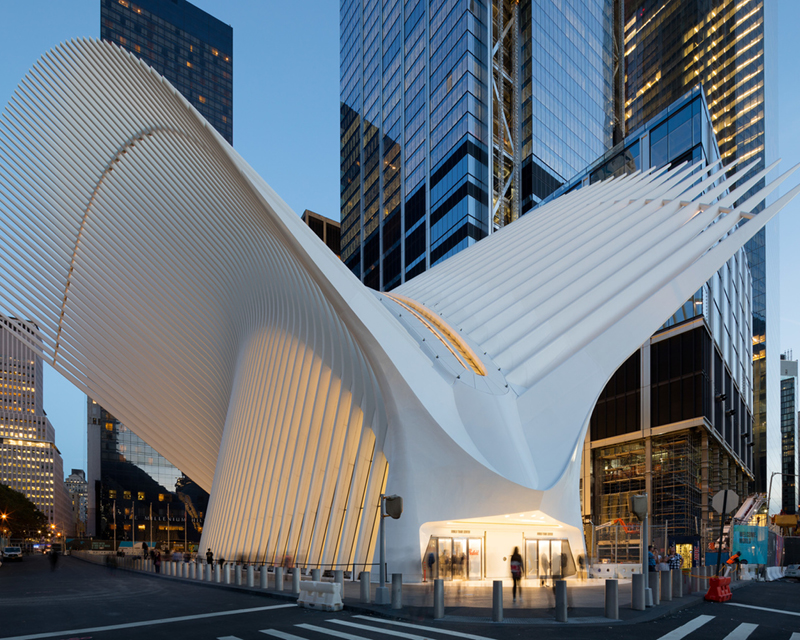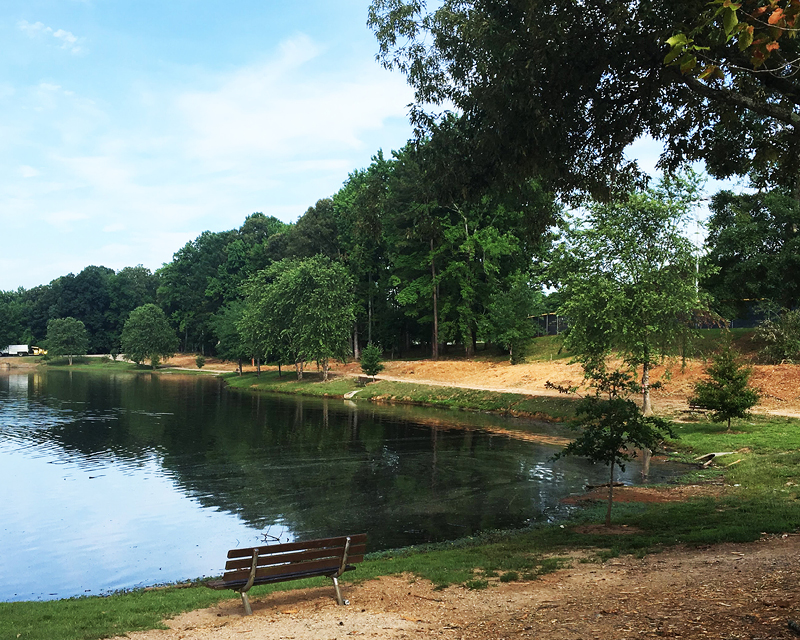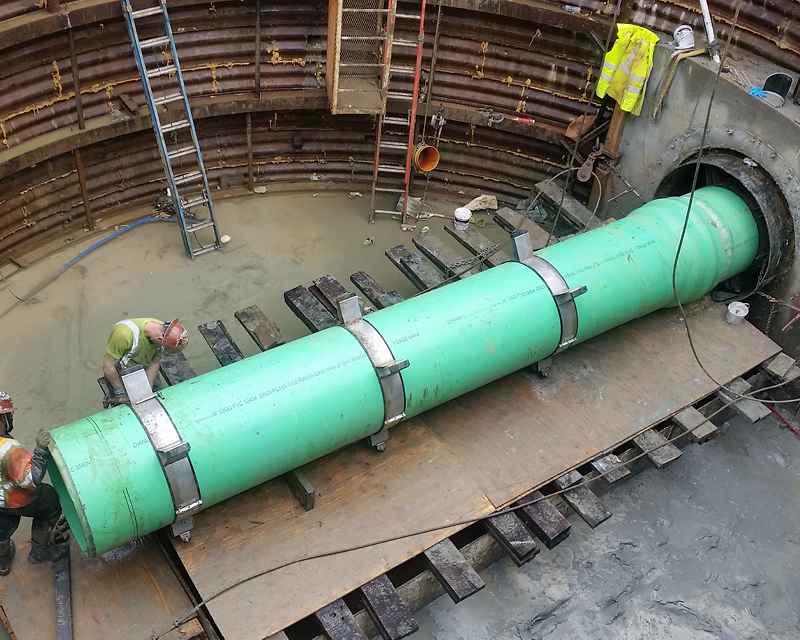
Two STV projects will receive National Recognition Awards from the American Council of Engineering Companies (ACEC): The World Trade Center Vehicular Security Center and Tour Bus Parking Facility (VSC) in New York City and Sanitary Sewer Improvements on Rental Card Road at Charlotte Douglas International (CLT) Airport in North Carolina.
The World Trade Center (WTC) site in New York City presents a unique security challenge for the Port Authority of New York and New Jersey. To protect tenants and visitors, Liberty Security Partners (LSP), an STV/AECOM joint venture, designed a one-of-a-kind below-grade security checkpoint and bus parking garage for screening cars, trucks, and buses before they enter the WTC’s 16-acre site. The $518 million VSC is a mix of structural steel and concrete-on-metal decking and cast-in-place walls. The four-story-deep, 295,700-square-foot VSC is connected to the other buildings via an underground roadway system that feeds the entire WTC campus. It also connects to a loading dock and parking network that serves all the tenants in the complex. In addition to being a security checkpoint, the VSC serves as a below-grade parking structure for tour buses.
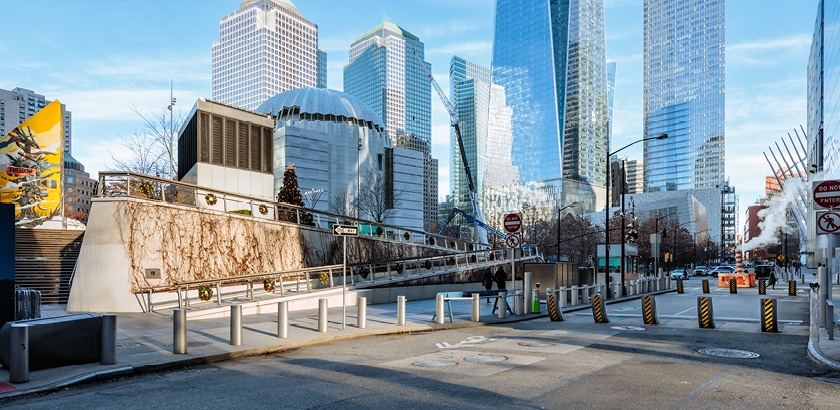
LSP provided a full suite of architectural and engineering design services for the VSC. Additionally, LSP designed the structural support for Liberty Park, a one-acre elevated public park that sits atop the VSC and acts as a green roof for it.
The project was previously honored by ACEC’s New York Chapter with a Diamond Award, at its annual Engineering Excellence Awards gala held last weekend.
In Charlotte, STV, on behalf of Charlotte Water, performed a range of design services for a $6 million project to install nearly a half mile of new sanitary sewers to support the planned expansion of CLT Airport. Over the next 20 years, airport traffic is expected to increase by 2.5 percent annually with a projection of more than 80 million passengers a year by 2040. Considering each passenger uses an estimated 4.3 gallons of water (data by flow monitoring), the airport needed to increase its sewer capacity to accommodate demand.
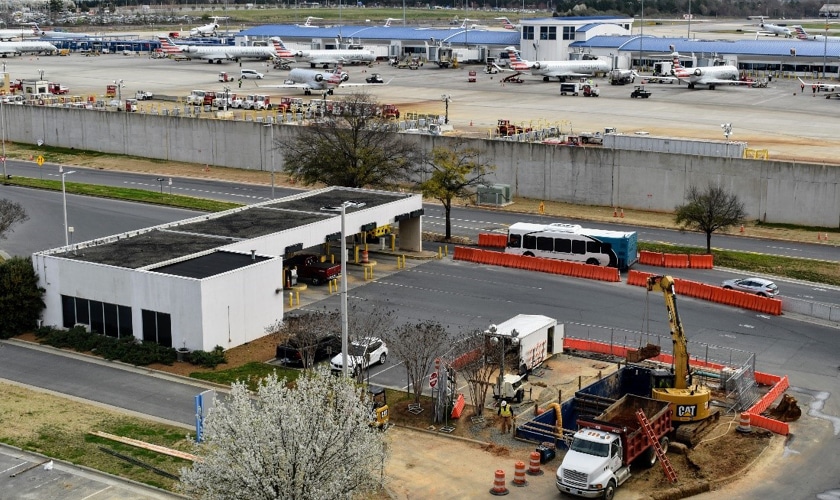
In total, the design called for seven trenchless crossings to permit the installation of sanitary sewer lines sized from 8 to 18 inches to carry sewage to an existing 24-inch sewer interceptor. The program included the installation of 300 linear feet of 48-inch diameter steel casing bored 38 feet deep to tie into a six-foot manhole in the middle of an airport ramp.
In addition to the design, STV also performed modeling, permitting, and construction administration services for the project.
The project was first honored by ACEC’s North Carolina Chapter with a Grand Award earlier this year.
ACEC’s National Engineering Excellence Awards will be formally presented on May 24 at the Grand Hyatt Hotel in Washington, D.C. Congratulations to our project teams.
